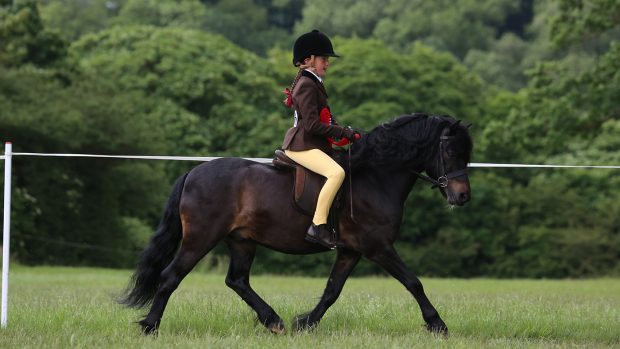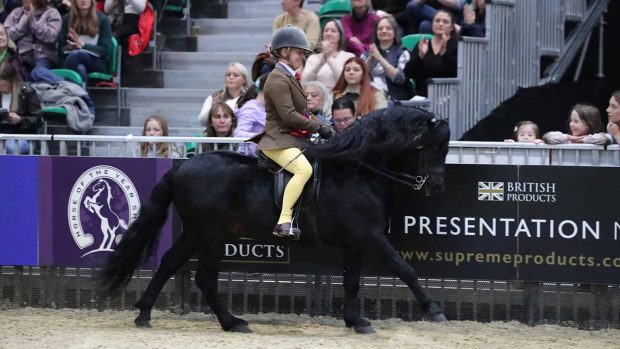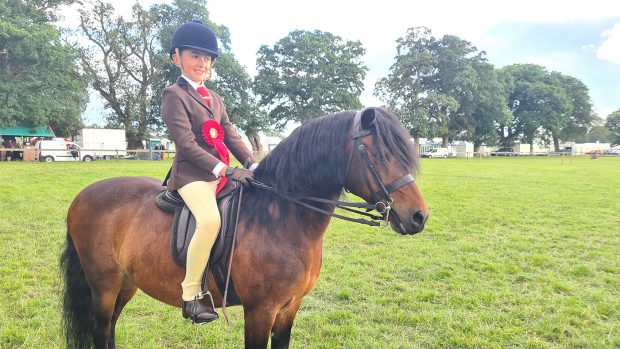Semi-feral Dartmoor hill pony mares could be given a contraceptive injection next spring to reduce the number of foals being left unsold and going to slaughter.
If the plan goes ahead, it is believed it will be a UK first.
The Friends of Dartmoor Hill Ponies (FDHP) is working with World Horse Welfare to cut the birth rate of the feral ponies in the economic downturn.
The group intends to give 20 mares running on the moor the injection and if it is successful it could be used again – and could be used on other native pony breeds.
Gilly Greenham of the FDHP said: “This year it really is a case of going, going, gone – nearly 50 per cent of the Dartmoor hill pony population will be offered for sale as pony breeders throw in the towel.
“The youngsters cannot be released back on to the moors and many will remain unsold, probably going to be slaughtered.”
The drug, which is produced by Pfizer and is licensed for use in Australia, will be imported. But it needs a “special treatment certificate” for use, approved by the government.
A Pfizer spokesman said: “While we have agreed in principle to supply the product as a charitable donation, it is dependent on securing the necessary permission to import this medicine.”
Jonathan Lamming from Dart Vale vets, who are involved in applying for permission to import the drug, said: “It has great potential for managing the pony population and will enable the family groups of mares and stallions to remain, but prevent the birth of unwanted foals.”
Vice chairman of the FDHP Charlotte Faulkner said: “Without a market for offspring, pony breeding must be controlled in order for pony keeping to remain a viable choice for hill farmers.”
But British Equine Veterinary Association president Ben Mayes added: “The length of efficacy and therefore the requirement for repeat injection may be a stumbling block.
“Neutering is obviously also a consideration, particularly with the advent of laparoscopic ovarectomies [removal of the ovaries with minimal invasive surgery] for mares – although this is technically and logistically complicated.”
This news story was first published in the current issue of Horse & Hound (20 October, 2011)





